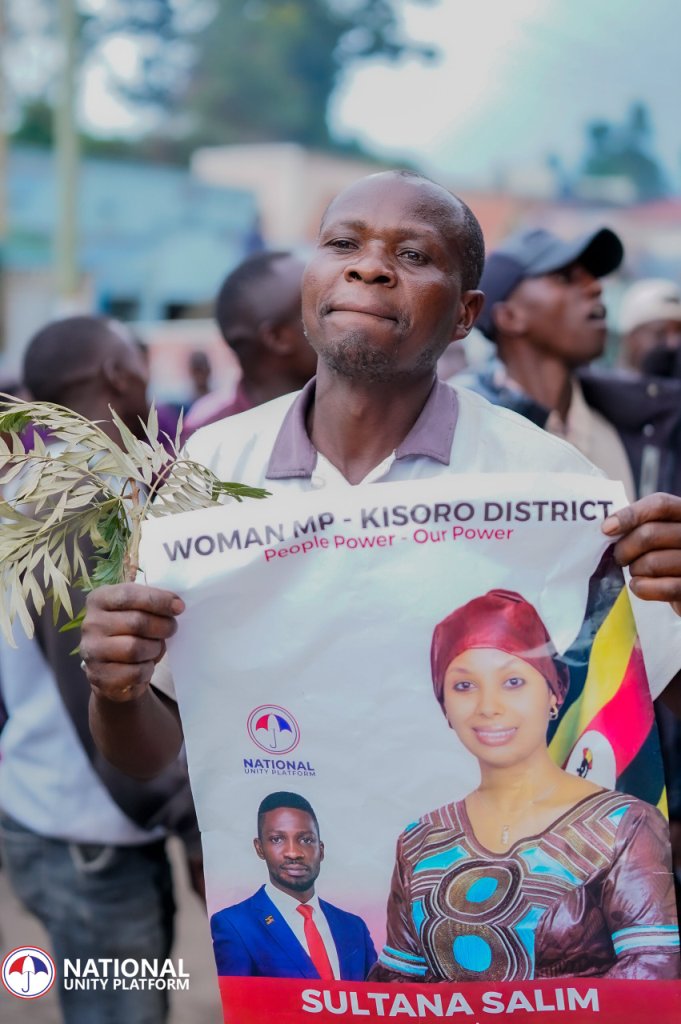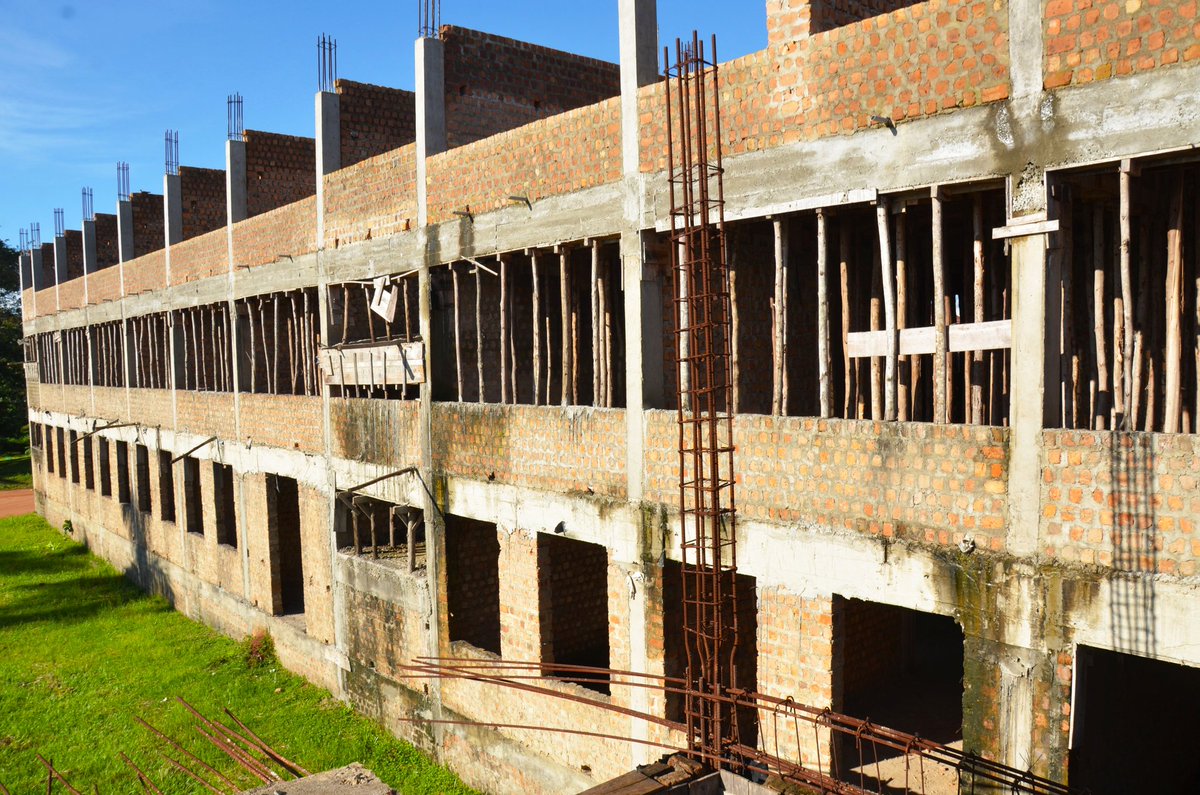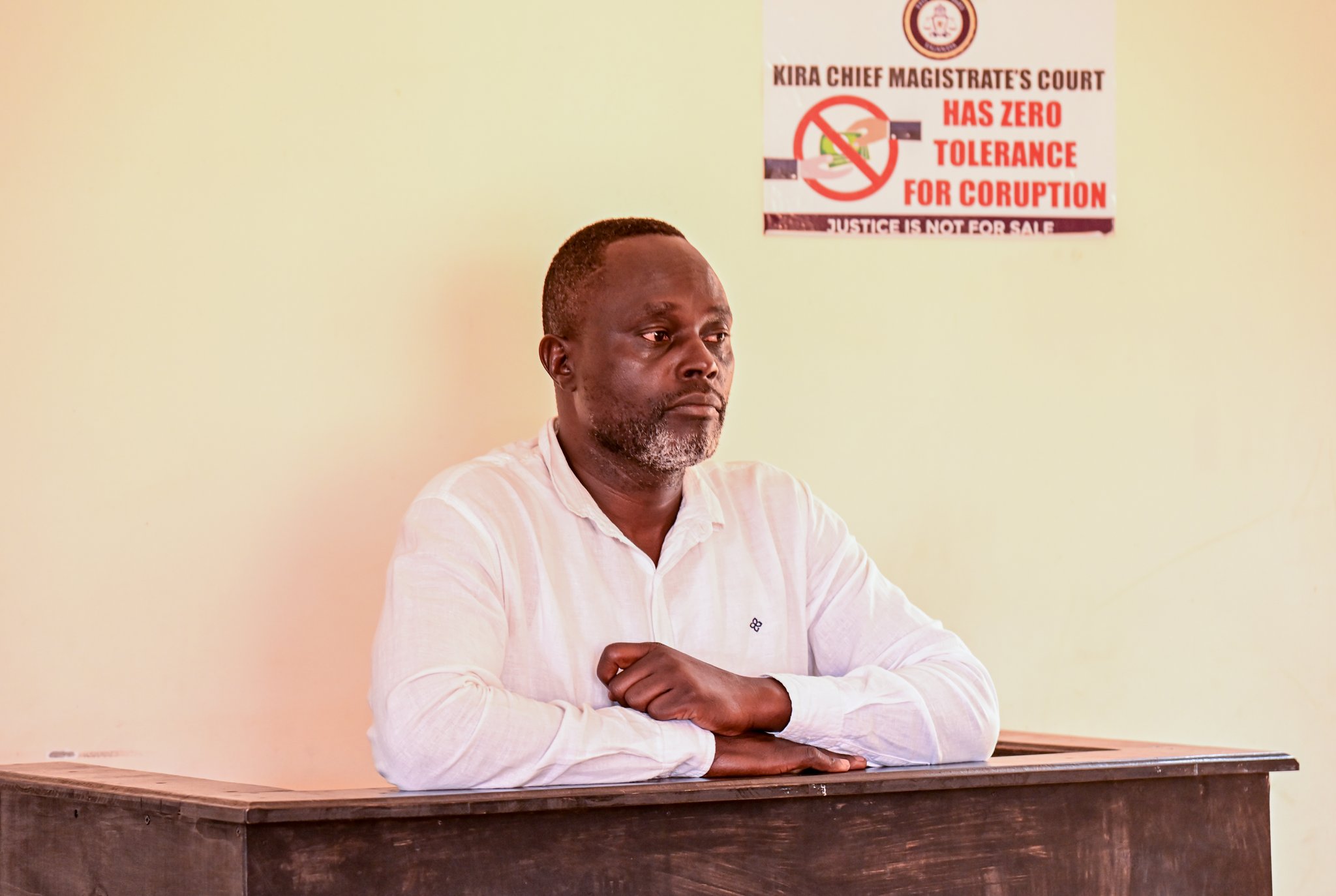The government has embarked on mapping its Diaspora community to identify, document, and analyze the demographics, skills, and networks of Uganda’s Diaspora communities, starting with North America, Europe, Asia, and Oceania.
“The goal is to understand the size, distribution, and characteristics of Ugandan Diaspora groups, as well as to explore how their potential can better contribute to the development of Uganda and themselves,” Ambassador Walusimbi revealed.
With support from the Office of the President, Senior Presidential Advisor on Diaspora Affairs Ambassador Abbey Walusimbi and his team have departed for the USA to begin the noble assignment of Diaspora mapping. The team will start with California, Massachusetts, Texas, and Illinois, among others. Afterwards, they will head to Canada (Toronto & Ottawa) to meet various Diaspora chapter members and assess their immediate and long-term needs to inform policy.
The Ugandan Diaspora community makes significant contributions to the country’s economy; in 2022, remittances reached $1.42 billion, a 13.4% increase from the previous year. Diaspora investments in agribusiness, education, tourism, export promotion, commercial diplomacy, and other sectors have tremendously contributed to Uganda’s economic growth and job creation.
Therefore, His Excellency President Yoweri Kaguta Museveni and the Government of Uganda recognize the vital importance of the Diaspora community’s contributions, leading to the establishment of the Office of Diaspora Affairs to engage with and support all Ugandans living abroad.
Among the objectives of Diaspora mapping are establishing demographics such as population size, geographic distribution, age, gender, and occupation; identifying skill sets, educational qualifications, and professional expertise for effective knowledge transfer and innovation; building networks encompassing social, cultural, and economic connections within Diaspora communities and Uganda; improving financial flows through remittances; assessing investment potential in businesses, real estate, and other ventures; and gathering data to inform policy formulation and programs that engage Diaspora communities.
While there are over 4 million Ugandans in the Diaspora making extensive contributions to Uganda’s development, they face challenges that require deliberate government attention and support.
“It is against this backdrop that we have initiated a Global Diaspora mapping initiative to inform policy,” added Walusimbi.
Challenges faced by Diaspora communities include social, political, and economic issues, compounded by varying treatment in host countries.
Cultural preservation is another challenge as Diaspora communities struggle to maintain their cultural identity and language, necessitating stronger Diaspora associations.
Integration and belonging pose difficulties for Diaspora communities, often resulting in a loss of identity and patriotism.
Access to resources and services such as healthcare and education remains challenging for Diaspora communities in their host countries.
Other challenges include homesickness, voicelessness, isolation, difficulties with legal documentation, loss of income to dishonest relatives, citizenship and residency issues, language barriers, career advancement, and inadequate housing.
“Government foreign missions, Diaspora leagues/associations, and all taskforce committees will play a crucial role in supporting this noble effort. We will share a detailed rollout plan in the near future. I would like to express gratitude to our President and the entire government for their support and guidance to our Diaspora communities,” noted the Ambassador.




















